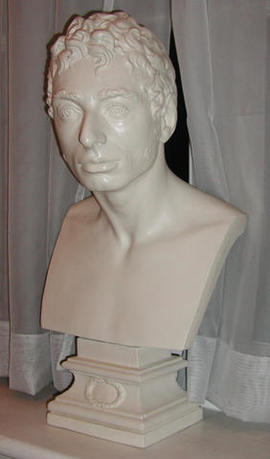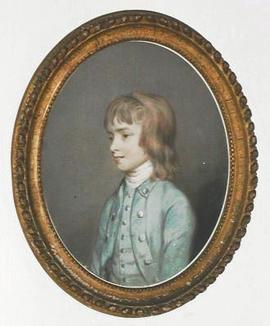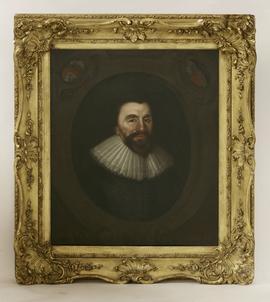- GB-2014-WSA-00017
- Person
- 1774-1843
SOUTHEY, ROBERT, son of Robert Southey, Bristol, linen draper, and Margaret, dau. of Edward Hill, Bedminster, Somerset, attorney; b. 12 Aug 1774; adm. 2 Apr 1788 (Ottley); Min. Can. 1789; an elegy written by him on his sister’s death was refused for publication by the editors of The Trifler; he, Grosvenor Charles Bedford (qv), and Charles Watkin Williams-Wynn (adm. 1784, qv) founded The Flagellant, which appeared for the first time 1 Mar 1792, but he was expelled from the School for writing the article against excessive flogging in the fifth number, dated 29 Mar 1792; refused admittance to Christ Church, Oxford, and went to Balliol Coll. Oxford, matr. 3 Nov 1792, where he resided for a year and a half, making the acquaintance of S. T. Coleridge; author, Joan of Arc 1796; adm. Gray’s Inn 7 Feb 1797; author, Thalaba 1801; settled at Keswick, Cumberland 1803; author, Madoc 1805, The Curse of Kahama, 1810; Poet Laureate from 12 Aug 1813; author, Life of Nelson 1813, Life of Wesley 1820; MP Downton 1826 – Dec 1826, when unseated for not possessing a sufficient property qualification; during his career his political and religious opinions altered, the republican becoming a Tory and the independent thinker a champion of the established church; author of a large number of books, including the standard edition of William Cowper’s (qv) Works in 15 vols, 1833-7; contributed 95 articles to the Quarterly Review; m. 1st, 14 Nov 1795 Edith, dau. of Stephen Fricker, Westbury, Wilts.; m. 2nd, 4 Jun 1839 Caroline Anne, poetess, dau. of Capt. Charles Bowles, EICS Bengal, Buckland Cottage, Lymington, Hampshire; d. 21 Mar 1843. Monument in Poets’ Corner, Westminster Abbey. DNB.



